The California State University joins the nation in celebrating Veterans Day on November 11, a day to honor those who have served in our country’s armed forces. To commemorate the event, we asked student veterans about how their military service has shaped them and how their university helps them achieve greatness. Read their reflections.
Casey Hulls, Chico State
Junior, International Relations and Economics
U.S. Army
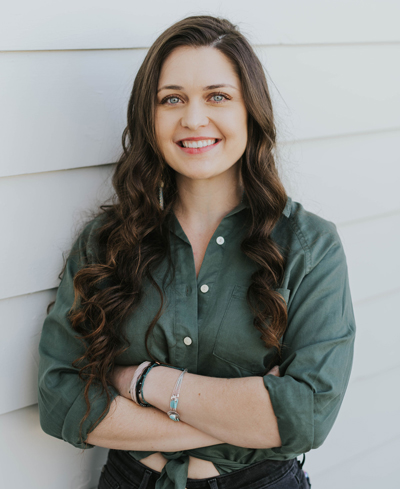
Casey Hulls, Chico State
Junior, International Relations and Economics
U.S. Army
Have you faced any challenges since leaving the military? How have you overcome them?
Personally, the lack of commonality and single purpose with the community around me was the most challenging aspect. I have overcome these challenges by getting involved with Chico State’s Student Veteran Organization (SVO) and
Veterans Education and Transition Services (VETS) office. The community here feels very familiar and is immensely supportive. Not only do I feel like I belong, but I also feel like I am discovering what I am passionate about, outside of my military career and influences.
How are you able to draw on your military experience today whether academically or professionally?
The biggest military influence for me academically and professionally is community. It is the ability to look at my fellow classmates or professors with a sense of inherent respect and fortitude because, ultimately, we are a team at Chico State. Not only are we contributing to our college, but we are also committing to careers and professions to make our communities, nation and world a better place. The military taught me to look at the people beside me as my brothers and sisters, and although college is different, that same thought process pulls through every day. My classmates and my community allow me to build bridges, make friends and work towards common goals together rather than individually. It allows me to look past differences to see commonality.
What’s one piece of advice you have for student veterans beginning their college careers?
Through the SVO, the VETS office, my academic department and the community, I have been given so many opportunities and moments to show myself how truly great, unique and capable I am. I would tell a veteran transitioning and returning to school: You are far more qualified, intelligent and resilient than you believe you are. And if you reach out to the VETS center, the SVO and your academic department, and follow your interests, everyone around you will give you opportunities to embody that greatness. It has been a wonderful experience coming to Chico State, and everyone here wants you to succeed and believes in you, even if you still don’t believe in yourself yet.
Marco Diaz-Perez, San José State
Senior, Business Administration
U.S. Army
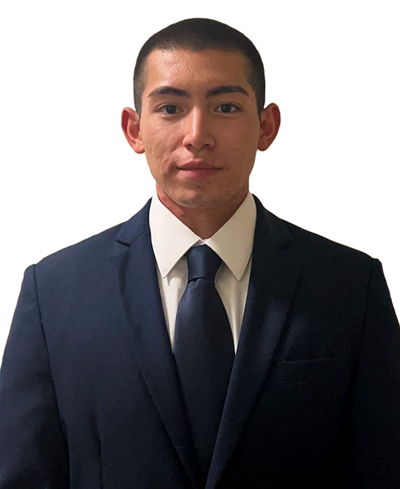
Marco Diaz-Perez, San José State
Senior, Business Administration
U.S. Army
Have you faced any challenges since leaving the military? How have you overcome them?
Absolutely! I wasn’t prepared to take online courses and couldn’t fully engage in the course curriculum. And, in the Army I was surrounded by soldiers that were at least six years older than me, which made it difficult for me to connect with people my age. The
SJSU Veterans Resource Center and
SJSU Army Reserve Officers' Training Corps (ROTC) welcomed me and helped me get to know others my age who share similar backgrounds.
What’s it like to be part of a unique student population? How have you built a community on campus?
At first, I was very nervous to go back to school because I never had a chance to socialize with people my age or with a similar mindset, but after meeting several students who were prior service, I felt more comfortable. I decided to work for the Veteran Resource Center and even became the President of the Veteran Student Organization, which strives to support military affiliates reintegrating back into the community. In addition, SJSU does a great job hosting many events from different programs, clubs and organizations that make the campus feel more welcome.
How are you able to draw on your military experience today whether academically or professionally?
Serving in the military builds character and key leadership skills, which I have applied to my academics and workplace. Communication is a vital skill that I continue to develop throughout my life because it’s very important for me to manage a team and present myself in a professional manner. In addition, it taught me responsibility and commitment to a task or duty, like showing up to class or committing to graduating.
Itzel Barakat, Cal State LA
Senior, Psychology
U.S. Air Force
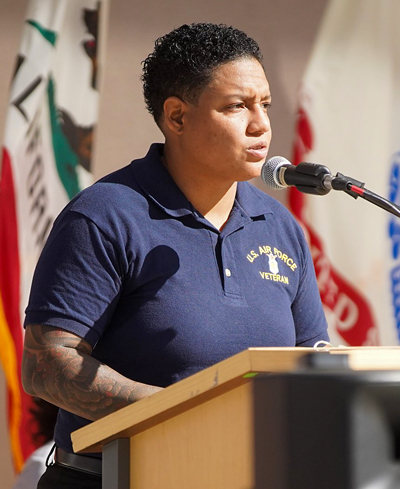
Itzel Barakat, Cal State LA
Senior, Psychology
U.S. Air Force
What has been the most surprising thing about returning to school?
It took me a long time to get here, but once I found my current path I really started to fall in love with school. I'm the most focused I think I've ever been. Even in the most challenging classes, my experience has still been constructive. I'm really grateful for that.
How are you able to draw on your military experience today whether academically or professionally?
Discipline, drive and, most importantly, consistency make you relentless. I've had incredible opportunities to connect with organizations that are in line with what I want to do in the near future—provide mental health support services for military-connected, first-response, queer and BIPOC individuals. It has been an eye-opening experience and has helped me excel within these organizations to better serve these populations.
What kind of support have you received from your university?
The Veterans Resource Center (VRC) has been my number one resource. They have been there since the beginning of my journey at Cal State LA. I'm grateful for the support they have provided and continue to provide, and they have definitely lent a helping hand in my academic success.
Nikole Sauter, Cal Poly Pomona
Junior, Manufacturing Engineering
U.S. Navy
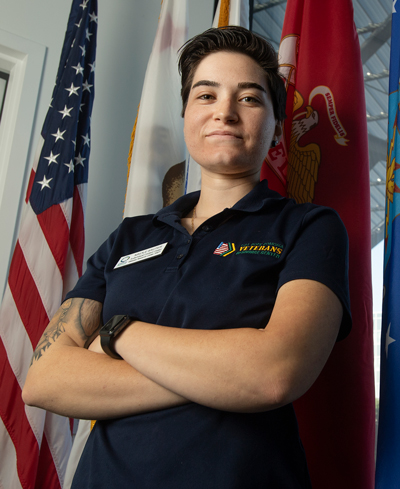
Nikole Sauter, Cal Poly Pomona
Junior, Manufacturing Engineering
U.S. Navy
What’s it like to be part of a unique student population? How have you built community on campus?
The age difference between me and the general student population was shocking, so it’s nice to interact with people who understand some of the things you’ve been through [through the
Cal Poly Pomona Veterans Resource Center]. We share our experiences and reminisce about the “good ol’ days.” The veteran community at Cal Poly Pomona is very close, and we’re always willing to help each other out. Whether it’s academically or on a more personal level, we have each other’s back.
What kind of support have you received from your university?
I have been given many opportunities to prepare for my future career as a manufacturing engineer and have some of my professors and the Veterans Resource Center to thank for that. My résumé looks fantastic, and I have been networking with people in the industry. It’s hard to accomplish all this stuff by yourself, so it’s comforting to know there are people standing in your corner who want to see you succeed.
How are you able to draw on your military experience today whether academically or professionally?
The Navy helped me develop my work ethic and leadership skills. I apply these skills towards both my school and work. I have the mentality that I can’t go home until the job is done, and I think those that have worked with me before can attest that I am willing to go above and beyond to accomplish whatever task is at hand.
Luigi Torres, CSU Dominguez Hills
Senior, Business Administration
U.S. Marine Corps
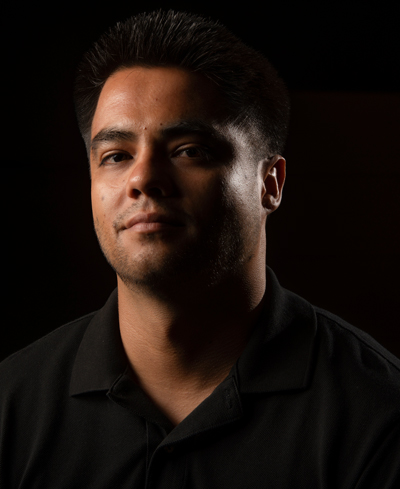
Luigi Torres, CSU Dominguez Hills
Senior, Business Administration
U.S. Marine Corps
Have you faced any challenges since leaving the military? How have you overcome them?
I cried when I left Camp Pendleton for the last time. Suddenly, I was all alone after what felt like a lifetime of serving alongside my brothers. It was really my faith and the family I started when I got out that helped me make this difficult transition.
How are you able to draw on your military experience today whether academically or professionally?
The values and principles that were taught to me in the Marine Corps are embedded into my soul. They don’t go away. What motivated me in my service to my country is what helps me face any challenge in my life, including academic ones. I try to be a big brother to veterans, and to non-veterans. It’s about passing on knowledge—how to move in life; how to be kind to others; how to accept people for who they are.
What’s one piece of advice you have for student veterans beginning their college careers?
All that energy you have when you get out of the military? Put it somewhere. Harness it. I got out of the military in July 2015, and I started college in August. For me, it just lined up that way. Keep moving. Work hard. So many veterans need help. It was such a relief when I walked into the
CSUDH Veterans Resource Center (VRC). They know what they’re doing. I wish more veterans knew about the help they offer.
Johnathan Rodney, CSU San Marcos
Senior, Biochemistry
U.S. Navy
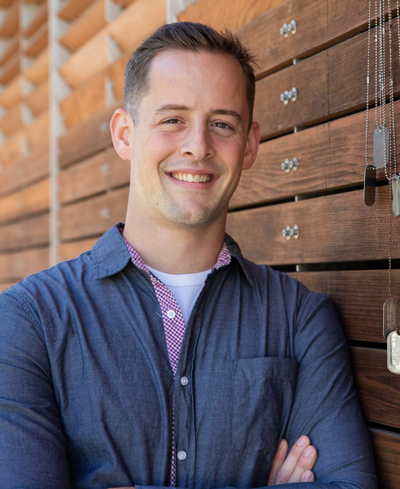
Johnathan Rodney, CSU San Marcos
Senior, Biochemistry
U.S. Navy
What has been the most surprising thing about returning to school?
The most surprising thing about returning to school was the leniency of the professors. I was very hard on myself if I didn't get an assignment in on time or if I couldn't grasp a concept right away. I found that my professors were very understanding and worked with my schedule to make sure I kept up with the class. I guess I just expected everyone to be as strict as they were in the military, but in academia most people are very understanding and approachable.
What kind of support have you received from your university?
My university has supported me tremendously, from scholarships to volunteer opportunities to letters of recommendation from my professors. I am incredibly grateful to
California State University San Marcos for the support I have received. I really believe that my chances of getting into medical school are greatly increased by taking classes and being involved in the community here.
What’s one piece of advice you have for student veterans beginning their college careers?
One piece of advice I would like to give student veterans who are just starting their college journey is to not rush your college experience. I started school as a freshman with the plan of graduating with a Spanish degree in three years. Now I am on my fourth year, I have switched to biochemistry and I am applying for medical school. I stopped chasing the end goal of a degree and started enjoying the journey. I really like the saying, “Life's a marathon, not a sprint.”
Colton Williams, Sonoma State
Senior, Economics
U.S. Air Force
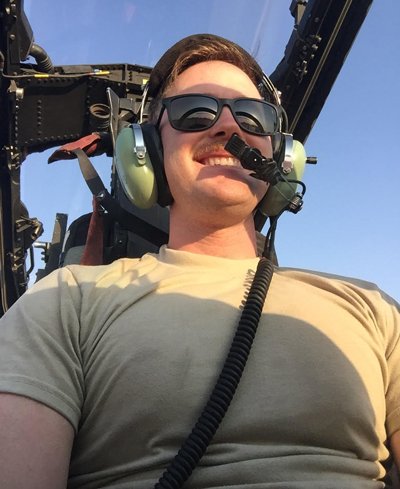
Colton Williams, Sonoma State
Senior, Economics
U.S. Air Force
What kind of support have you received from your university?
The support I’ve received from
Sonoma State has been great. The veteran programs that are set up for veterans and their family members are spectacular, just like the staff that runs them. They make you feel like part of a team, not like any other student.
What’s it like to be part of a unique student population? How have you built community on campus?
It’s certainly different being a veteran at SSU. Most college students are younger, and some may have never even had their first job yet. As student veterans, not only have all of us had important jobs and tasks we have been asked to do, but some of us have even seen combat, deployed across the globe on a moment’s notice and much more. I personally haven’t built a veteran community (yet) on campus, but that’s something I’m looking forward to doing soon.
What’s one piece of advice you have for student veterans beginning their college careers?
My one piece of advice to student veterans beginning their college careers would be to use your unique experiences and perspectives to help yourself, and maybe others, engage in class. Most students will see you as a role model or leader once they know you’re a veteran (we are good at hiding in plain sight), so sharing those things can help everyone involved.
To learn more about how the CSU supports student veterans, visit the
Troops to College website.